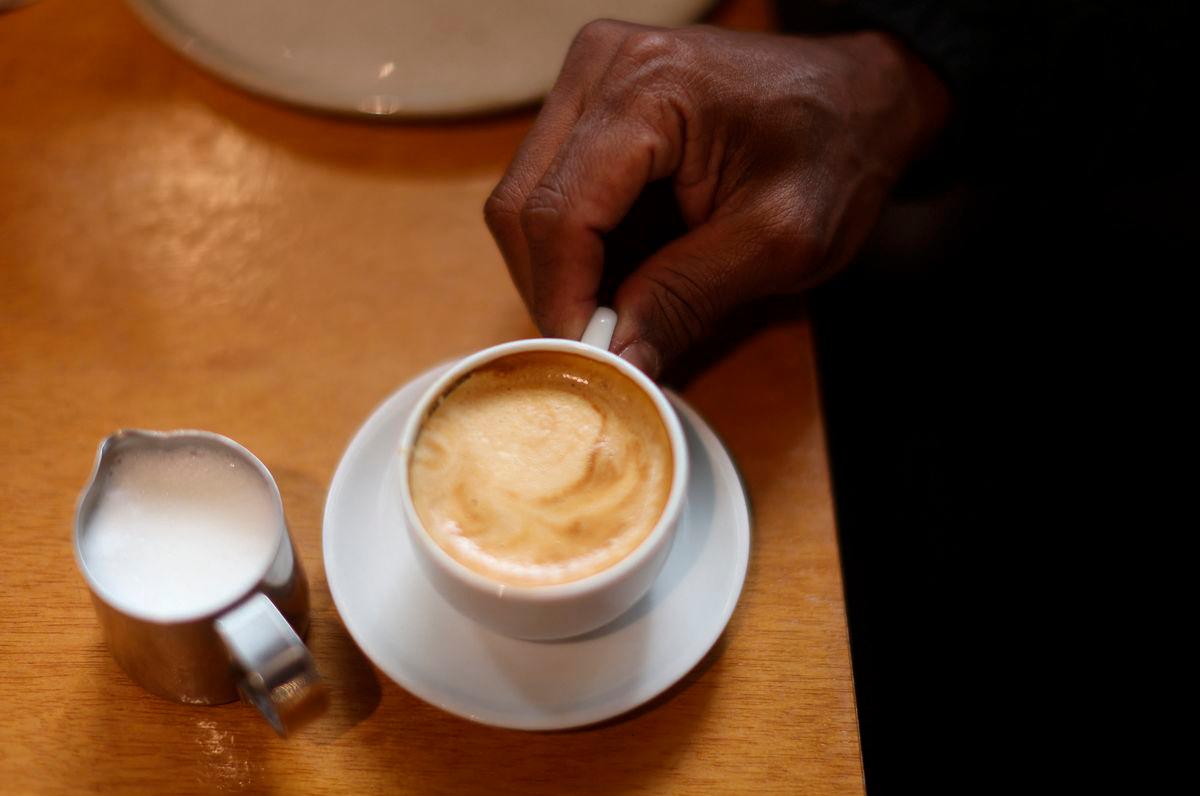NEW YORK: The 50% tariff that the Trump administration has slapped on Brazilian imports has rattled the global coffee market and could make the price of a cup of coffee in the U.S. jump beyond recent highs.
Brazil is the world's largest grower and exporter of coffee, while the U.S. is its biggest client and the world's largest drinker of the beverage, with nearly 200 million Americans having a cup every day.
Coffee trade sources said the new duty announced on Wednesday, if confirmed on August 1, could halt new shipments of Brazilian coffee to the U.S., which imported 8.14 million 60-kg bags of the product from the South American country in 2024, or 33% of its total consumption.
“A tariff of this size would all but shut down that flow. Brazilian exporters won’t absorb it. U.S. roasters can’t,“ said senior coffee broker and consultant Michael Nugent, owner of California-based MJ Nugent & Co.
“Bottom line: Brazil will sell its coffee elsewhere. The U.S. will buy coffee from someone else - Colombia, Honduras, Peru, Vietnam - but not at Brazil’s volume or price,“ he said.
Traders said alternative coffee supplies would be more expensive, since there is not a lot of it in the market.
“Countries buy more from Brazil because it offers way better value versus expensive other origins,“ said the director of a trading house based in the U.S. West Coast.
“It is not if Brazil would sell, but would U.S. buy (with the tariff)? Probably not,“ he said.
Coffee drinkers around the world, including in the U.S., are already paying record or near-record prices for the beans after last year's 70% price spike caused by tightening supplies.
Arabica coffee futures jumped 1.3% on Thursday due to the planned tariff hike.
Eyes on Europe
Paulo Armelin, a large Brazilian coffee producer that sells directly to U.S. roasters, said his clients would not be able to pay up if the tariff is applied.
“We will have to look for other markets, maybe Germany,“ he said, adding that it was already difficult to close deals earlier this year after the recent increases.
U.S. Commerce Secretary Howard Lutnick said last month during a Congress hearing that some natural resources that are not available in the U.S., such as tropical fruits and spices, could be exempt from tariffs, depending on negotiations with the countries producing and exporting them.
The U.S. produces only a fraction of the coffee it uses, with farms in Hawaii and a few in California.
“I hope that diplomacy will work and in the end coffee will be added to any exemption list,“ said Eduardo Heron, a director at Brazilian coffee exporter group Cecafe, adding that exports could be made unfeasible by the tariff.
OJ, Ethanol
Beyond coffee, more than half of the orange juice sold in the U.S. comes from Brazil, which exports other products such as sugar, wood and oil.
Orange juice futures rose 6% in New York on Thursday as the market fears a squeeze in supplies.
The U.S. has become more dependent on orange juice imports in recent years due to a sharp decline in domestic production due to the “citrus greening” crop disease, hurricanes and spells of freezing temperatures.
A report issued by the U.S. Department of Agriculture earlier this year forecast the U.S. orange harvest would hit an 88-year low in the 2024/25 season while production of orange juice would slump to a record low.
Brazil is the world's second largest producer of the cane- or corn-based biofuel ethanol.
The South American country produced some 35 billion litres of ethanol in 2024, but exported less than 6%, of which only some 300 million litres went to U.S., according to a report from BTG Pactual- REUTERS









